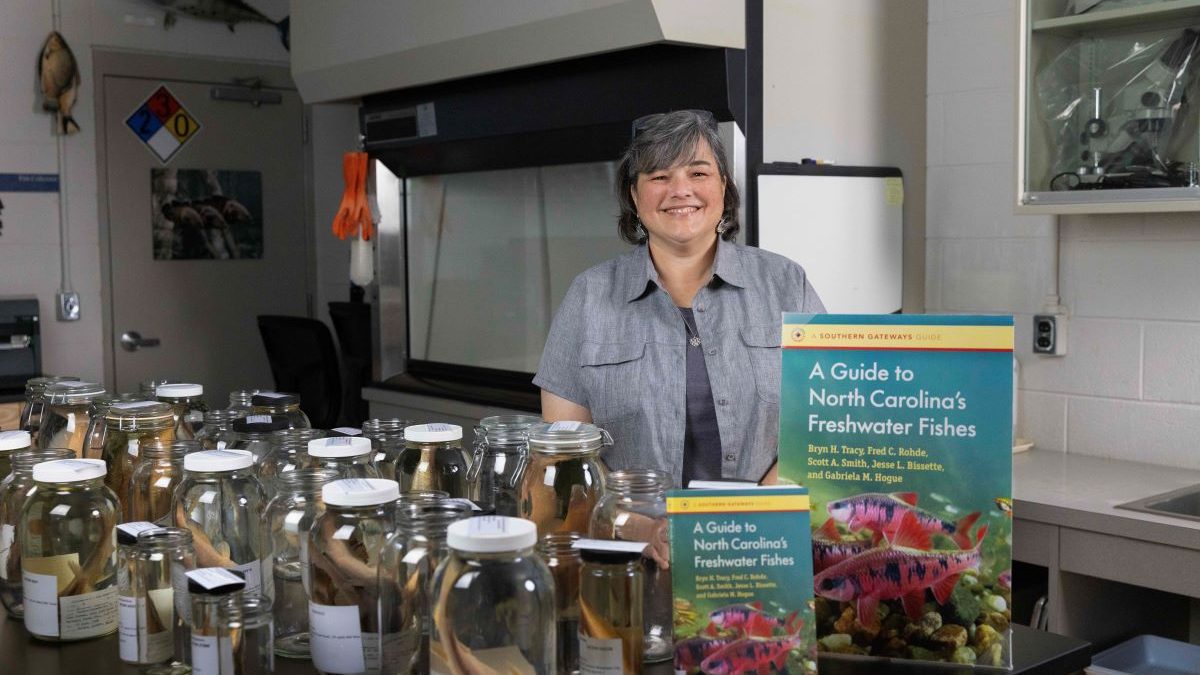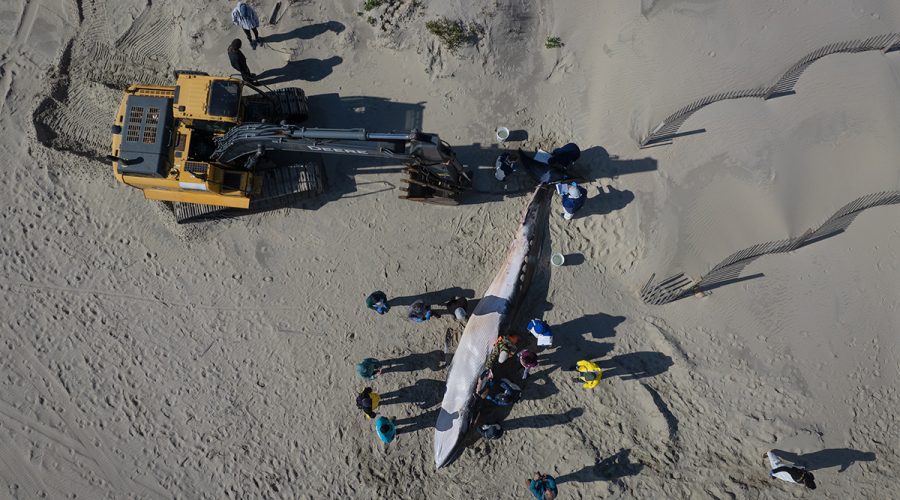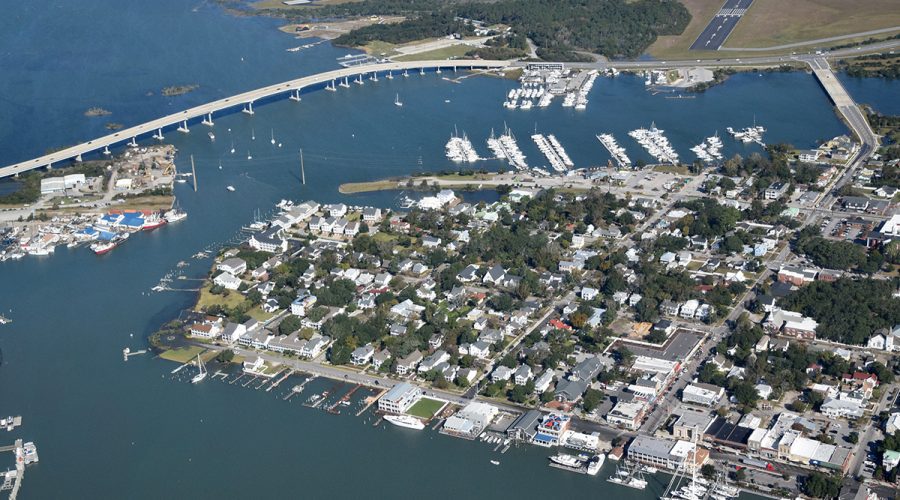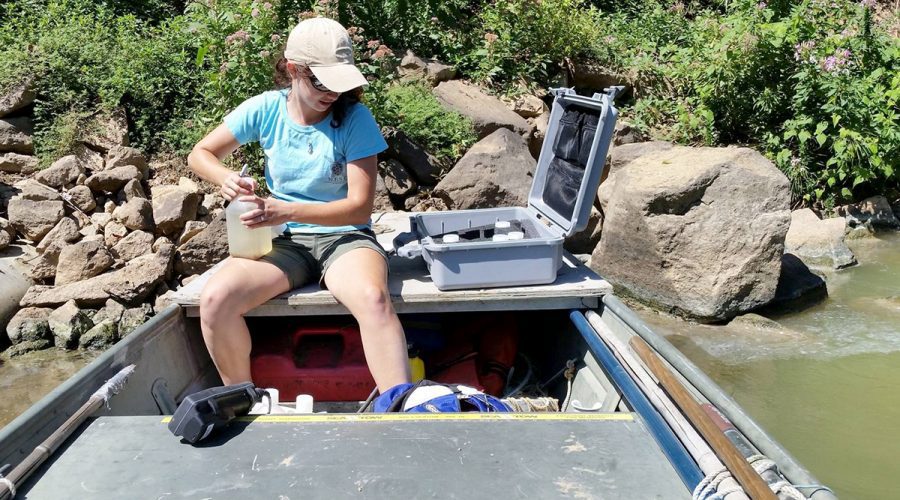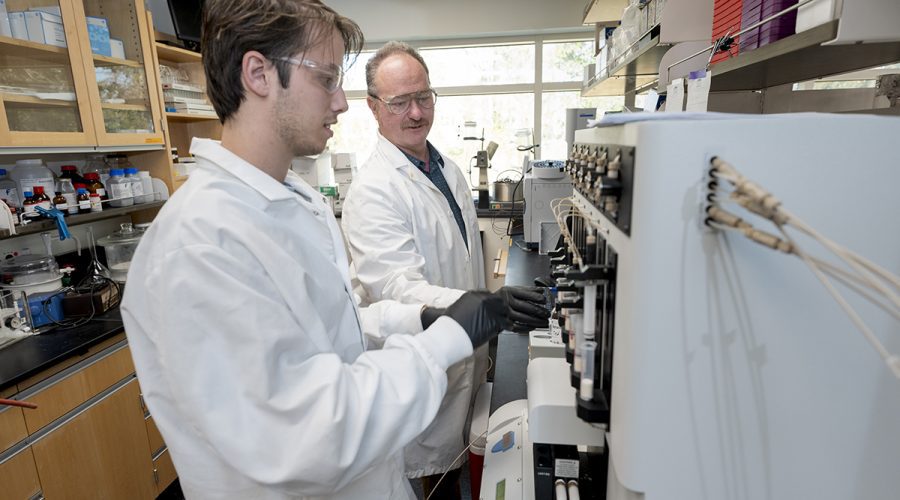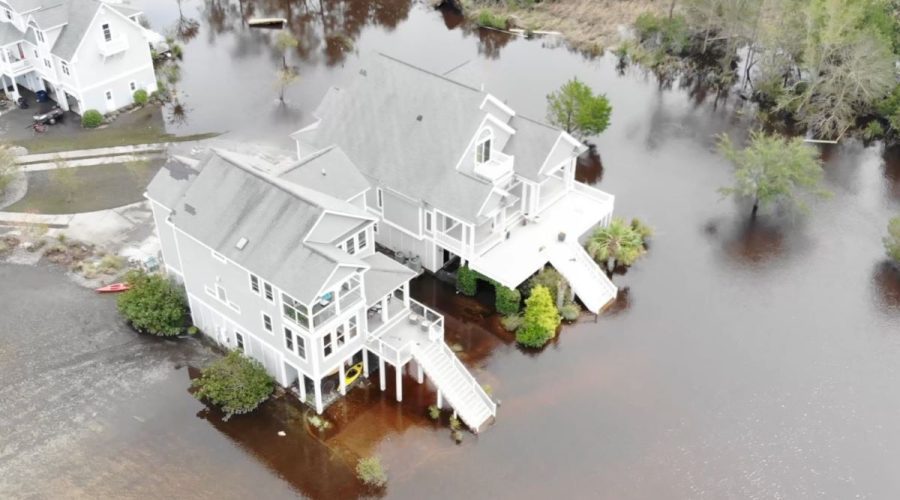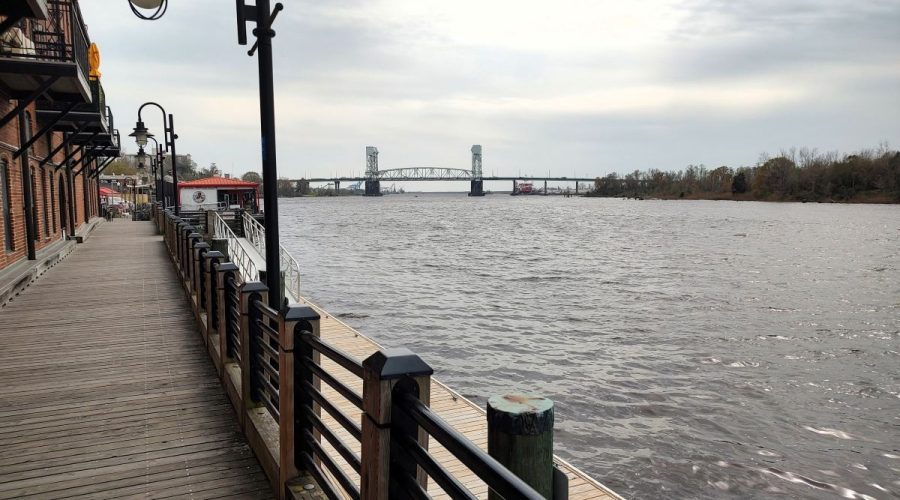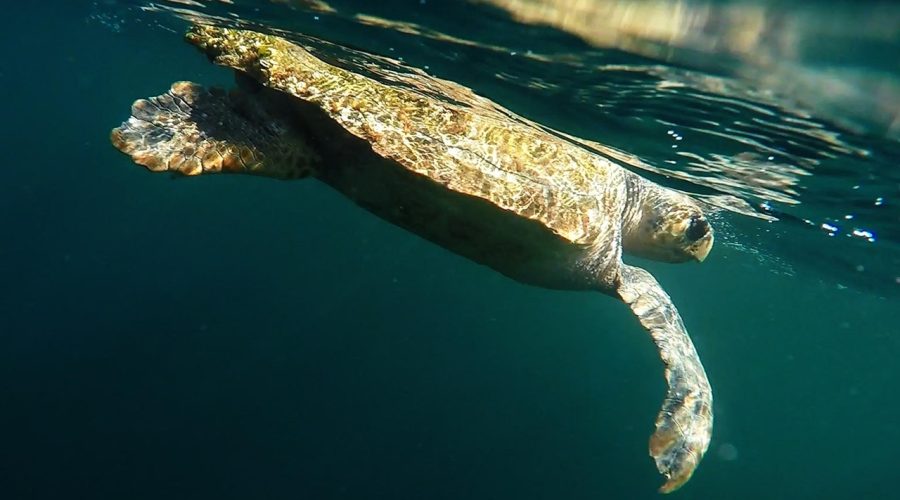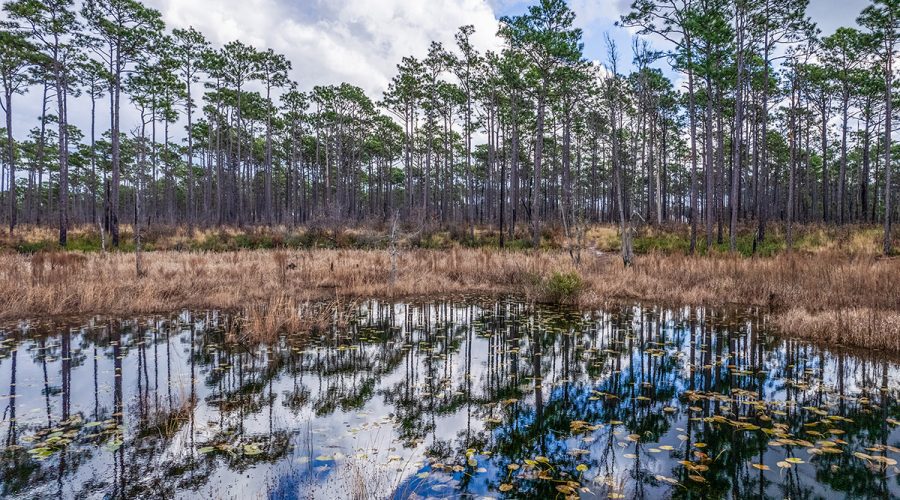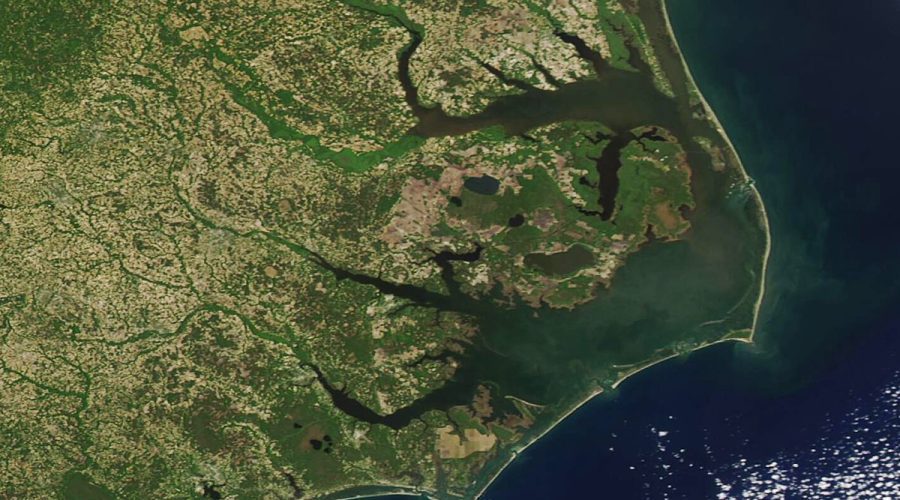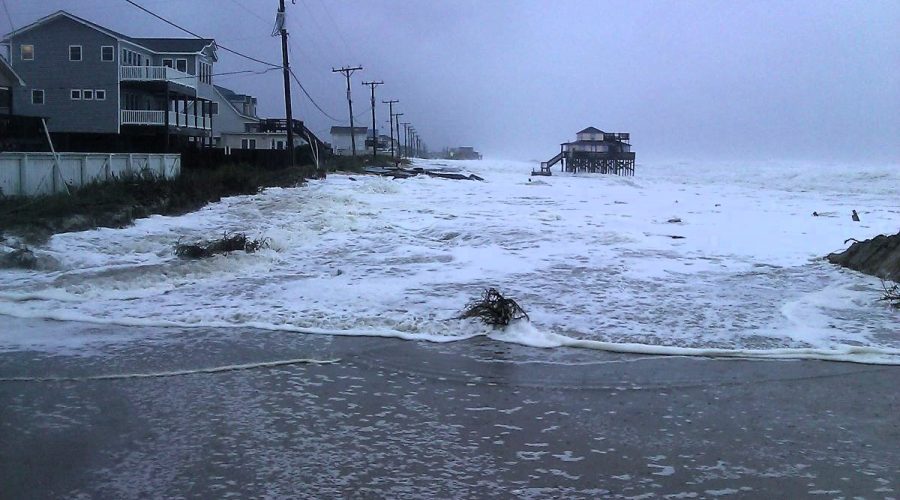Check out the recently published “A Guide to North Carolina’s Freshwater Fishes” to find out which of the 40 families of freshwater fish are on the coast and where.
Science
Tree rings show summer 2023 was hottest in 2 millennia
After last year’s record-breaking temperatures, forecasts for this summer indicate another scorcher ahead, just as researchers find more troubling climate data and elected officials point to relief efforts.
Recent whale deaths unfortunate, not alarming: Scientists
Researchers say the stranded whales that washed ashore in quick succession earlier this year “may just be an unfortunate statistical anomaly” and were unrelated to offshore wind development.
Street inundation linked to elevated bacteria in creek: Study
N.C. State researchers found elevated levels of fecal bacteria in water samples collected from a tidal creek in Beaufort and town streets following rainfall.
Proposed rules address possible Microcystis bloom sources
The Environmental Protection Agency is proposing revisions to nutrient discharge standards for meat and poultry processors’ wastewater, a potential source of mysterious blooms in the Cape Fear River a decade ago.
NC scientists receive tools for tracking new compounds
Researchers at North Carolina universities that are part of the PFAS Testing Network are now equipped to trace unregistered chemical pollutants back to the source of emission.
Researchers work to improve compound flooding forecast
University of North Carolina Chapel Hill researchers have been developing a forecast model that will help predict in real time whether worst-case scenario conditions might occur in communities with multiple flood risks.
Sinking land could exacerbate coastal flooding: Study
As sea levels rise and flooding increases, land subsidence will make the problem even worse in some coastal cities, new research finds.
DNA project links individual female loggerheads, nests
University of Georgia research scientist Brian Shamblin leads a study that uses genetic tagging of female loggerheads from southern Georgia to the North Carolina-Virginia state line.
UNCW researchers to study how waves, storms move sand
The team of researchers received a nearly $1 million grant to study over the next two years sand movement under different conditions to better understand storm surge.
Ecologist revamps NC’s natural communities guidebook
Michael Schafale with the North Carolina Natural Heritage Program provides detailed descriptions of the state’s 343 natural communities, including those on the coast.
Student study shines light on Outer Banks sea turtle nesting
Outer Banks Field Site undergrads who conducted a four-month study of how artificial light at night affects sea turtle nesting have presented their findings, which indicate conservation efforts may be working.
Funding boosts UNCW scientists’ work to stem coral losses
University of North Carolina Wilmington researchers recently received nearly $2 million to further study how to ethically protect coral reefs from being wiped out by disease and climate change.
Grant could spur coastal eco-tech hub similar to Triangle
A collaboration of researchers and scientists is working to secure $160 million over 10 years from the National Science Foundation to build an innovation center that’s the ecosystems technology analog to the Research Triangle Park’s biotech boom.
NC State’s sourdough research unlocks microbial mysteries
North Carolina State University’s Wild Sourdough Project is contributing to a global collaboration to better understand the world’s various sourdough starters and the natural microorganisms that give rise to flavor.
Pace of cyclone strengthening has doubled since 1971
A study from Rowan University in New Jersey has drawn a connection between the number of rapidly strengthening tropical Atlantic hurricanes in recent years and documented increases in ocean temperatures.

